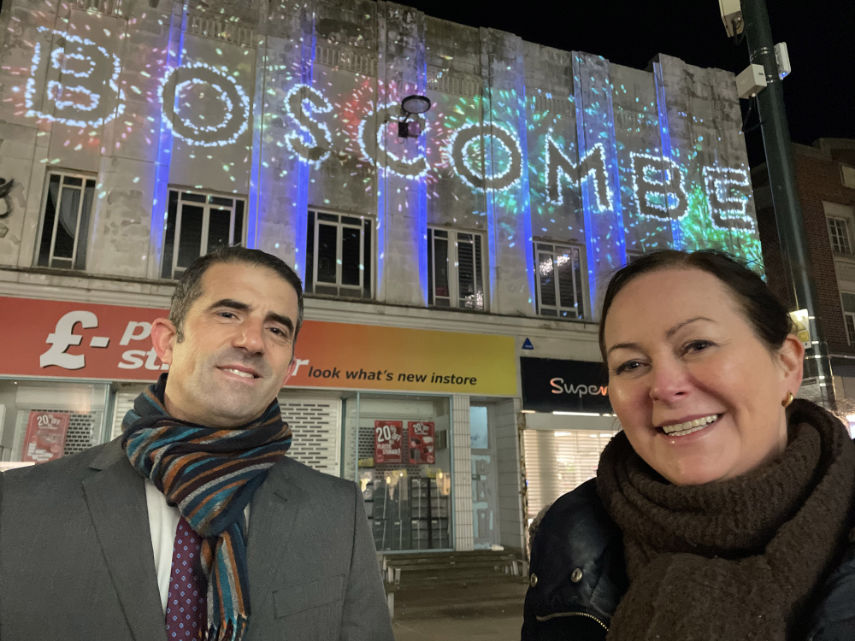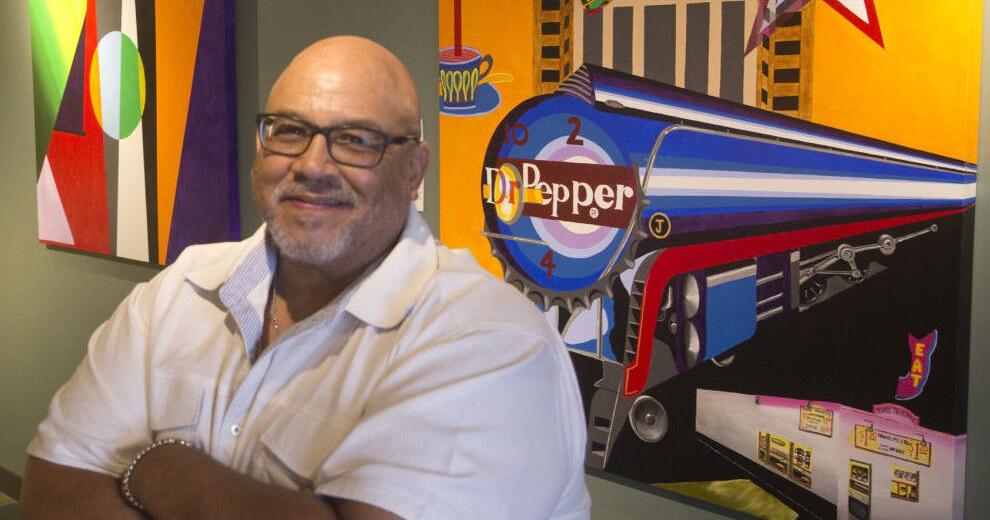“Technology is best when it brings people together!” – Matt Mullenweg
Technology is beautiful, fascinating and sometimes even frightening. Every year we see progress that cements all humans as lifelong learners. Things will continue to change and we will continue to learn and grow with them.
That’s exactly what the third, fourth, and fifth graders at Franklin and Flat Rock Elementary Schools are doing. Computer classes from both schools will participate in a typing contest. Annette Reece and Kaley Pruitt are the computer lab teachers at both schools; together they decided to create a contest for students to showcase their typing skills. The competition will take place in May.
In coordination with this event, Cassandra Johnson, Director of Program and Education at the Mount Airy Museum of Regional History will spend Friday, April 8 showcasing vintage technology, some of which is featured in this article written by Kate Rauhauser-Smith. This article was originally printed on May 31, 2020. We hope you enjoy learning about some vintage technology
***
Eight men went fishing on Monday, July 8, 1895. It was a good day for fishing, warm but with a breeze from the mountains. Local farmers brought their wheat, rye and barley. People across the region were fascinated by news of Dr. Payne’s sensational murder trial in Lexington.
A perfect day to go fishing, but hardly a newsworthy event. The interesting thing about this outing that day was the anglers involved; “MM. JH Fulton, SC Franklin, JD Smith, George Fawcett, AL Bunker, Robt Bray, and Lawson Trotter,” as well as WJ Boylin, editor of the Yadkin Valley News who reported the release that week.
In 1895, it was a “fishing trip” among friends, some of the movers from that section of the county. In today’s terms, we could call it a networking event.
Jefferson D. Smith, Gertrude’s father and longtime Mount Airy merchant; George Fawcett, a university student, was himself the son of the president of the First National Bank and future director of the institution; city commissioner AL Bunker would also become a trustee of the First National.
Joseph H. Fulton, son of Winston Fulton and member of the family tobacco business, was an early backer of the Cape Fear & Yadkin Valley Railroad, also became a director of First National Bank and branched out as a wholesale product. Trader.
Starting a successful business – and sustaining it – is difficult. A fifth of all small businesses fail in their first year, another 30% don’t survive their second year. By year 10, less than a third remain.
The rules of the business world haven’t really changed much over time. Identify a need and find a cost-effective way to meet it. Buy low, sell high. Diversify risks. Location, location, location. Take advantage of opportunities when and where they arise. Surround yourself with a network of well-connected, skilled and knowledgeable people.
Business owners in this area have long applied these basic principles, transforming a rural, pass-through county into a destination with several thriving industries over Surry’s 250 years of existence.
As with any trade, having the right tools to do the job is important for success. The things we now consider mundane or even outdated were a game changer once upon a time. Something as simple as carbon paper (1806), staplers (1878), rubber stamps (1883) or legal pads (1888) quickly found their way into everyday use.
The competition was moving fast and every minute that could be saved or every expense that could be reduced could mean the difference between getting that new contract or not. And Surry County businesses seem to have been very good at landing them.
With increased access to the outside world after the Civil War, communication with potential customers became vital, people the owners didn’t see every day. Business directories, similar to a telephone book but with much more personal information, list relevant information about counties, industries, and state resources, as well as addresses, occupations, and marital status people.
This information was essential for traveling sales reps and made the cost of the $5 directory (equivalent to $140 today) worth every penny.
The first directory we have for Surry County was published in 1867 when the population of the county was 10,380. It shows four hotels, four manufacturers (two textiles and two tobacco) and 13 traders (mainly general stores).
By 1872 the county’s population had grown to 11,252 (an increase of 8.4%) and there were now 10 manufacturers listed adding more textiles and tobacco but also a shoe factory near Hamburg Street.
The coming railroad sparked phenomenal growth in the number of businesses and diversity, as the train could carry more freight and was heavier economically than horses. The population jumped 36% to 15,301. There were 10 hotels and boarding houses; 62 factories now including carts, cabinetmakers, coopers, distilleries, iron foundries, tanneries, saddlers and saddlers; and 48 merchants, some of whom now specialize in tinware, novelty groceries, millinery, and stationery, equivalent to today’s office supply stores.
By the time our intrepid group of businessmen went fishing, there were 20 hotels and guesthouses for tourists and business travelers, visiting executives and clients; 86 manufacturers that did not yet include the sprawling furniture factories or the most famous textile complex; and over 145 merchants.
It has long been a place that rises at every opportunity. It will be exciting to see where the future takes us.
Kate Rauhauser-Smith is a local freelance writer, researcher and genealogist.
 Welcome To Poole
Welcome To Poole
_w=1200_h=630.png?v=20220321141806)


